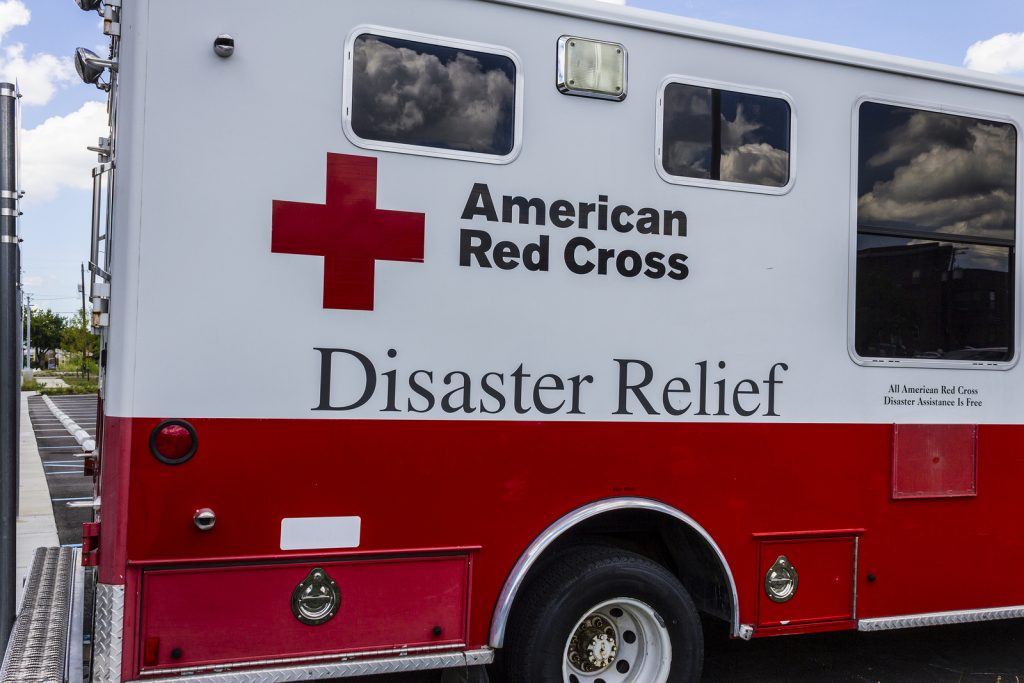
Refugee families scattered across the globe following bombing after bombing in Syria. Entire communities decimated in the extreme flooding after a storm. Children left without clean water or food. I’ve read the headlines, as I know you have. And once the immediacy of shock and sorrow pass, I think we all face a singular question: What can we do? I, for one, become increasingly frustrated with my own inability to respond in the face of tragedy. It feels so far removed. My own contribution seems too small. The problem is just too big.
Not so. These are big, devastating problems, but we can stand in solidarity with those most affected. We can commit to take action. Here are a few very simple, very effective ways we can respond.
Educate
We do a great disservice to ourselves and those struggling through tragedy if we don’t learn the details of the situation. Look past the stereotypes, the media hype, the passion, and the confusion. Get the facts. Hear the stories. Learn the names of those involved. And spread that knowledge to others.
Give
In the case of most disasters of a humanitarian nature, there are dozens of excellent organizations that are likely already on the ground prepared to respond. The American Red Cross responds to more than 65,000 disasters worldwide each year. Catholic Relief Services (CRS) is present in more than 100 countries, and humanitarian relief is one of their specialties. These are two good organizations to start with. After you’ve reviewed them, head over to Charity Navigator, where you can research other worthy agencies — and ensure your donation is going to those who need it.
Pray
Through prayer, we struggle to empathize with those communities most affected by the disaster, and we take comfort in God’s constant presence, even in the midst of darkness. We pray for those on the ground responding, for the generosity of benefactors, and for ourselves, that we may be guided to act justly.
Advocate
In many cases, our government has the opportunity to pass legislation that can immediately and positively change the lives of those impacted by disaster, either through funding humanitarian aid, providing refuge for those seeking shelter, or changing a policy that may negatively impact a community’s ability to recover. A good place to start is Catholics Confront Global Poverty, an organization committed to inspiring Catholics in the United States. to speak up and defend the human dignity of communities struggling with poverty around the world. Another worthwhile organization is Results, a national movement working to leverage the voices of everyday people for political action against poverty.
Keep it current
Finally, we know how quickly the news cycle moves on. Today a hurricane, tomorrow an outlandish political confrontation. We forget, while others continue to struggle. It’s important to remember that communities don’t recover from earthquakes, hurricanes, and other disasters in a matter of months; rebuilding takes place over years. But when the generosity and concern of the international community moves on, that rebuilding can be stalled indefinitely. Don’t let that happen. Through social media, personal conversations, your own blog—keep it current. Keep the issue—and the people—top of mind.
Committing ourselves to respond when disaster strikes is important. It’s an act of solidarity. It’s an act that says, “I know I’m privileged to be in a safe place right now. I will use my privilege to help you, my friend, because we’re all in this together.”